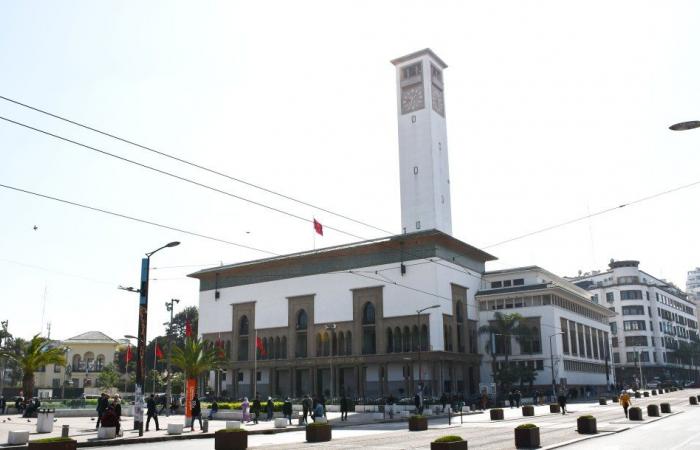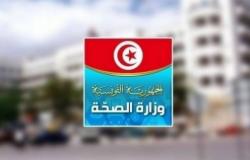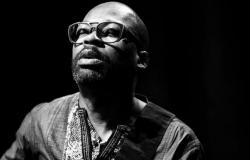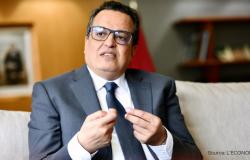Less than two weeks after the holding of the second edition of the National conferences on advanced regionalization, Abdellatif Maâzouzpresident of the Casablanca-Settat region, took advantage of his time in the Al Mizane podcastproduced by his party, theIndependenceto return to the ambitions of its regional development plan. But if this program displays ambitious objectives, it remains subject to major structural challenges, which Mr. Maâzouz summarizes in three words: employment, environment, water.
Employment: a fight that must be won in the long term
With an unemployment rate of around 25.8%, Casablanca-Settat, the most populated region and economic engine of the country, is struggling to meet the expectations of its inhabitants. During his appearance on the Al Mizan podcast, Abdelatif Maâzouz did not deny this paradox. “Employment is a vital challenge for our citizens and it requires massive investment,” he said, before adding: “at the national level, we receive general strategic guidance, but at the regional level, we must adapt them according to the real needs of our territories.” For Mr. Maâzouz, the key lies in building a dynamic ecosystem, aligned with the opportunities of emerging sectors such asaeronauticslogistics or even renewable energys. But the president of the Regional Council wishes to clarify that the fight against unemployment cannot be won in the short term: “Creating jobs does not happen overnight. We are putting the foundations in place, but the results, particularly for young people, take time.” Mr. Maâzouz also insists on the need for an integrated vision: “Employment cannot be dissociated from the environment and water. An investment in an industrial sector cannot function without sufficient resources and sustainable infrastructure management,” he explains.
Environment, a major challenge for Casablanca-Settat
For Abdellatif Maâzouz, the second major challenge facing Casablanca-Settat is that of the environment, an issue closely linked to the living environment of the inhabitants. Symbol of this ecological commitment, the landfill Mediumlong a source of pollution and of nuisances unsustainable, is at the center of an ambitious ecological transformation project. “The inhabitants of Casablanca, Mohammedia et Medium suffered greatly from the odors and pollution linked to this landfill. Today, we have decided to change the paradigm,” says Mr. Maâzouz. The envisaged model is based on two axes: the waste recycling and their conversion into energy. “The objective is to make the site energy self-sufficient and to generate surpluses which can be resold,” he added.
Other challenges are added, such as managing air quality. “We can no longer ignore the effects of permanent traffic jams on the health of citizens,” recognizes the regional elected official, referring to the need to reduce thecarbon footprint of the region. The construction site of regional express network (RER)planned for 2029, is part of this logic of sustainability. With fast trains and journeys reduced to 12 minutes in the outskirts and 6 minutes in the city, this project aims to relieve traffic congestion and offer an ecological alternative to all-car driving. “The objective is clear: accessible, clean and fast transport,” underlines Mr. Maâzouz.
Water, a vital resource on the verge of collapse
In 2023, the economic capital of the Kingdom came close to a major water crisis. The city was in danger of running out of water. This extreme situation was only the culmination of a drought persistent and inadequate management of water resources having revealed structural fragilities, believes Mr. Maâzouz. “We have taken emergency measures to secure our reserves, but this is no longer enough. We must fundamentally rethink our management systems and guarantee equitable access to water,” he declared. This is how the region has initiated, in collaboration with several partners, notably the Ministry of the Interior, two major projects: the interconnection of hydraulic basins and the establishment of desalination plants. The interconnection aims to redistribute water from surplus areas, such as those supplied by the barrage Al Massiratowards deficit regions. At the same time, a program provides for the installation of 33 desalination and demineralization stations, with a budget of 400 million dirhams, mainly to serve the rural areas. “These initiatives are not only aimed at responding to the current crisis, but at building a water resilience sustainable for Casablanca-Settat,” explains Abdellatif Maâzouz.
Renovated local management, but the means are not keeping up
Overcoming these challenges requires, according to the President of the Council of Casablanca-Settat, an innovative management model. This is why he believes that advanced regionalization is not only an administrative framework, but a real lever for reinventing governance and bringing the State closer to citizens. “It is a way of combining public policies and responding to the specific needs of the territories,” he underlined. He also highlighted the successes of the southern regions, where development plans adapted to local particularities have enabled notable progress. “The Southern Regions model shows that advanced regionalization can produce impressive results when it is well thought out and provided with the necessary means,” he explained. But for Casablanca-Settat, which concentrates a large part of the country’s economic and social tensions, the path remains strewn with pitfalls. The insufficiency of resources, the complex coordination between local and regional actors, as well as the high expectations of citizens require concerted and accelerated action, deplores Mr. Maâzouz.






